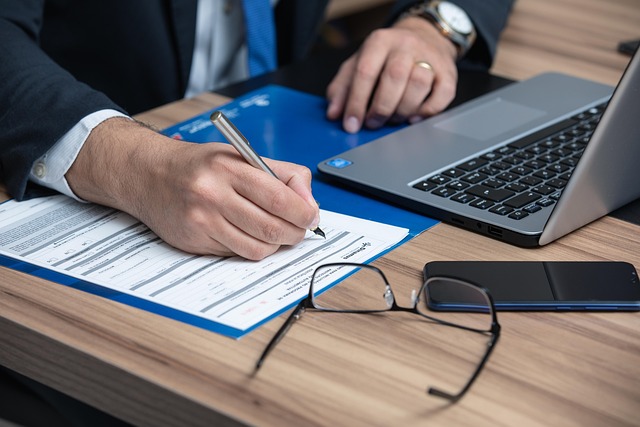In Illinois, seeking justice after a rape is a challenging yet vital step towards healing. Understanding the state’s stringent rape laws and navigating complex legal processes can be daunting. This article equips survivors with essential knowledge, guiding them through Illinois’ rape laws, the legal process, and tips for selecting the best rape lawyer in Illinois. By arming yourself with information, you can make informed decisions to ensure a fair outcome.
Understanding Rape Laws in Illinois

Navigating Legal Processes: Step-by-Step

Navigating legal processes in a rape case can be daunting, but with the right support, victims can find their voices amplified. The first step is to report the incident to local law enforcement. This triggers a thorough investigation and document collection process, crucial for building a strong case. Once charges are filed, victims often need a dedicated rape lawyer in Illinois to guide them through complex legal procedures.
A qualified rape lawyer will help with pre-trial hearings, cross-examining witnesses, and presenting evidence effectively. They ensure that the victim’s rights are protected and advocate for their best interests throughout the entire process. This support is vital for victims who may struggle with the emotional toll of a trial, allowing them to focus on recovery while their legal representative handles the intricate details of building a compelling case.
Choosing the Right Rape Lawyer in Illinois

Choosing the right rape lawyer in Illinois is a critical step for survivors seeking justice and healing. It’s essential to find an attorney who possesses both legal expertise and empathy, understanding the unique challenges faced by victims. Look for lawyers specializing in sexual assault cases, as they have experience navigating complex laws and evidence related to rape.
When selecting a rape lawyer in Illinois, consider their track record, communication style, and availability. Victims need advocates who are responsive, accessible, and committed to their case. Additionally, attorneys should be well-versed in the local legal system and able to provide clear guidance throughout the legal process. Building trust with your lawyer is paramount, ensuring open dialogue and a collaborative approach to building a strong defense or pursuing a successful prosecution.





